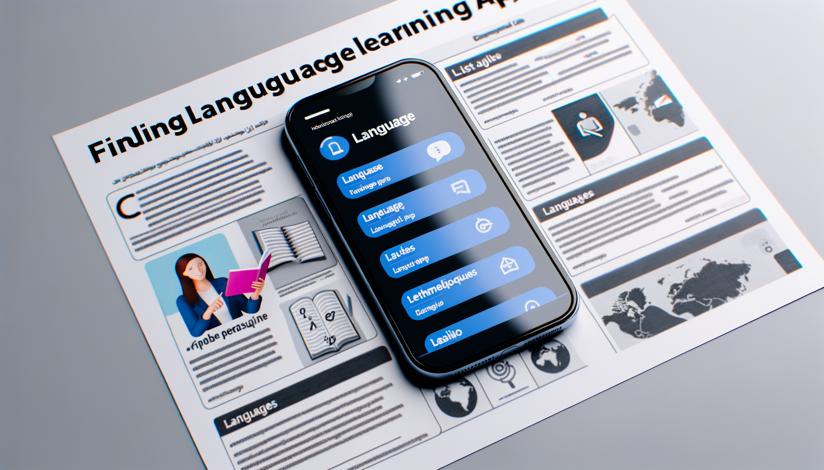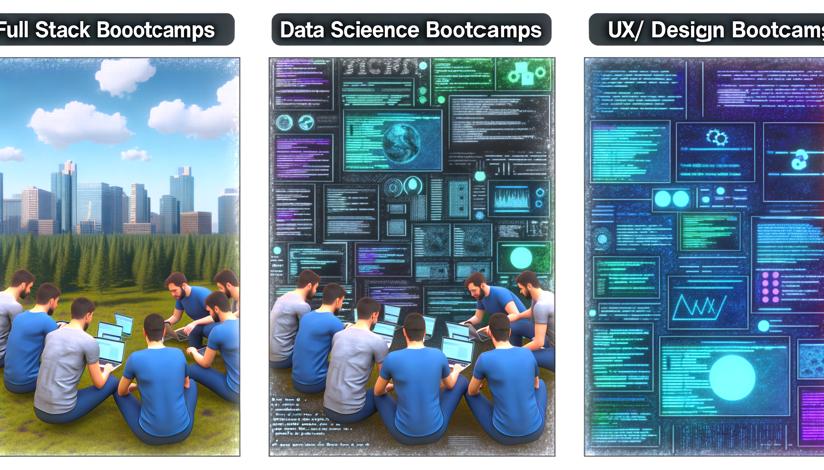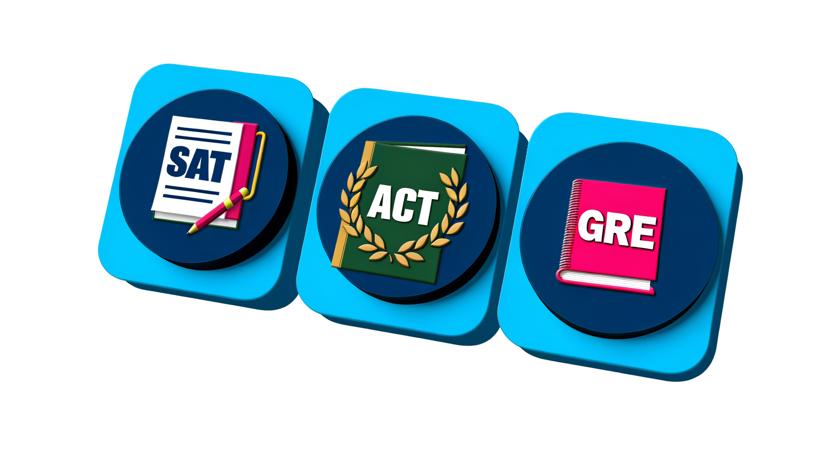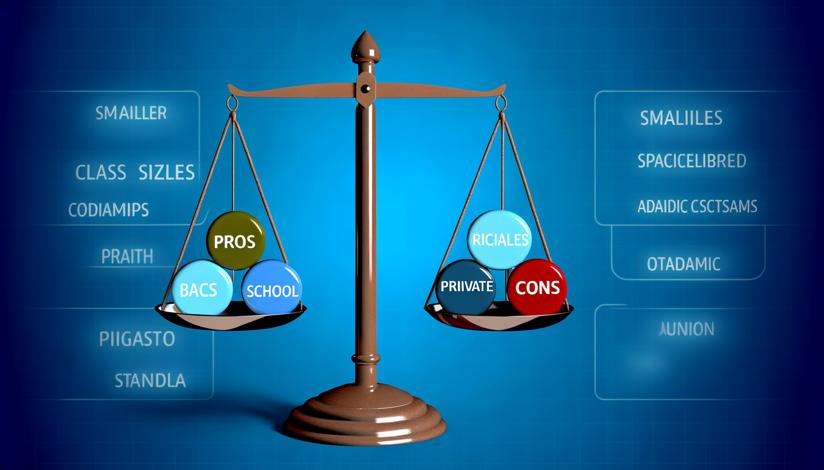

In today's globalized world, learning a new language has become an essential skill. Whether you're traveling, studying abroad, or doing business internationally, being able to communicate in another language can open up countless opportunities. With the advancements in technology, there are now many language learning apps available that claim to help you master a new language in no time. However, not all language learning apps are created equal, and it's important to choose the right one that fits your needs and learning style.
In this article, we will evaluate and compare three popular language learning apps: Duolingo, Rosetta Stone, and Babbel. These apps have gained popularity for their effectiveness, user-friendliness, and wide range of language options. We will assess each app's core functions and value to help you make an informed decision on which language learning app is the best fit for you.
Duolingo is a free language learning app that offers courses in over 30 languages. The app uses a gamified approach to learning, making it fun and engaging for users. Duolingo's core functions include lessons that cover vocabulary, grammar, reading, writing, and listening. The app also provides a progress tracking feature, allowing users to see their improvement over time. Additionally, Duolingo offers a community aspect where users can practice speaking with native speakers through voice and video calls. With its free and accessible nature, Duolingo is a great option for beginners or casual language learners.
Rosetta Stone is another well-known language learning app that caters to a wide range of language learners. Unlike Duolingo, Rosetta Stone is a paid app that offers in-depth language courses with an immersive learning experience. The app uses a unique method called Dynamic Immersion, which encourages learners to think and communicate in the target language from the very beginning. Rosetta Stone's core functions include interactive lessons, speech recognition, and live tutoring sessions with native speakers. The app also provides a personalized learning plan based on your goals and progress. If you're looking for a more comprehensive and immersive language learning experience, Rosetta Stone is worth considering.
Babbel is a language learning app that focuses on practical conversation skills. The app offers courses in 14 languages and is designed to help users quickly gain confidence in speaking a new language. Babbel's core functions include interactive dialogues, speech recognition, and vocabulary exercises. The app also provides real-life dialogues and scenarios, helping users learn how to navigate different situations in the target language. Babbel's lessons are structured and well-paced, making it an ideal choice for those who want to focus on conversation skills.
In terms of ratings, Duolingo, Rosetta Stone, and Babbel all have a strong user base and positive feedback. Duolingo has been praised for its accessibility, gamified approach, and community aspect. Rosetta Stone is highly regarded for its immersive learning experience and personalized learning plans. Babbel is well-liked for its focus on practical conversation and well-structured lessons.
When it comes to advantages factors, Duolingo stands out for its free nature, wide language options, and progress tracking feature. Rosetta Stone excels in providing an immersive learning environment, live tutoring sessions, and personalized learning plans. Babbel's strengths lie in its practical conversation focus, well-paced lessons, and real-life dialogues.
On the other hand, there are some disadvantages to consider. Duolingo's gamified approach may not be for everyone, and its free version contains ads and limited features. Rosetta Stone's paid subscription might be a barrier for some users, and the Dynamic Immersion method may not suit all learning styles. Babbel has a narrower range of language options compared to the other two apps.
In conclusion, choosing the best language learning app depends on your individual needs and preferences. If you're a beginner or a casual learner looking for a free and fun language learning experience, Duolingo is a great option. If you're willing to invest in a comprehensive and immersive learning experience, Rosetta Stone is worth considering. And if you want to focus on practical conversation skills in a well-structured manner, Babbel is the app to go for. Whichever app you choose, remember that consistency and practice are key in mastering a new language.
Users' reviews of these language learning apps are generally positive. Many users appreciate the convenience and accessibility of these apps, as they can be used anytime and anywhere. Users also commend the effectiveness and user-friendly interfaces of these apps. However, there are also some users who find certain aspects of the apps less satisfactory, such as the pace of the lessons or the accuracy of the speech recognition feature. Overall, the majority of users find these language learning apps to be valuable tools in their language learning journey.
To make the most out of your language learning app, here are some tips: Set clear goals and create a routine for your language study. Take advantage of the various features offered by the app, such as the community aspect or the personalized learning plans. Practice regularly and use the app as a supplement to other language learning resources. Finally, don't be afraid to make mistakes and keep a positive attitude towards your language learning journey.
Please note that the information provided in this article is based on our evaluation and research. It's always a good idea to try out different language learning apps yourself to see which one suits you best. Additionally, if you have any specific language learning requirements or preferences, it's recommended to consult with a language teacher or expert.

Duolingo: Free, wide language options, progress tracking
Rosetta Stone: Immersive learning experience, live tutoring sessions, personalized learning plans
Babbel: Practical conversation focus, well-structured lessons, real-life dialogues

Duolingo: Gamified approach may not suit all learning styles, limited features in the free version
Rosetta Stone: Paid subscription, Dynamic Immersion method may not suit all learning styles
Babbel: Narrower range of language options compared to other apps




















-
https://www.duolingo.com/
-
https://www.rosettastone.com/
-
https://www.babbel.com/






































